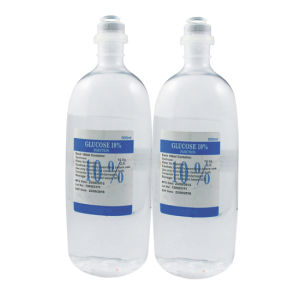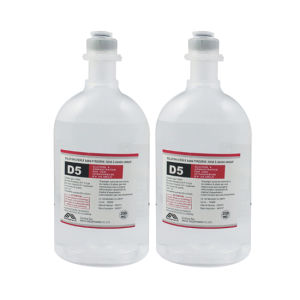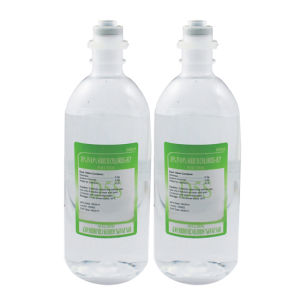Glucose Injection is indicated in the treatment of insulin hypoglycemia (hyperinsulinemia or insulin shock) to restore blood glucose levels.
The solution is also indicated, after dilution, for intravenous infusion as a source of carbohydrate calories in patients whose oral intake is restricted or inadequate to maintain nutritional requirements. Slow infusion of hypertonic solutions is essential to insure proper utilization of dextrose and avoid production of hyperglycemia.
Side effects:
As with any other medicine, some side effects may occur.
Some patients experience a warm flush all over after the injection which usually lasts for about 10 minutes.
Glucose injections are always put into a vein and after the injection the vein may be sore or may become infected. There are reports of diabetic patients with asthma who had allergic reactions to glucose injections; this is a very rare occurrence.
Diabetic patients who already have too much sugar will be made worse by glucose injections.
Always tell your doctor if you have any unpleasant effects after receiving Glucose Injection.
Warnings:
The only people who should not have glucose injections are those who have ischaemic heart disease, those who already have too much glucose in their blood or who are severely dehydrated and those who are allergic to corn or corn products.
Overdose:
A person who has had an overdose of glucose will have sugar in their urine. Too much glucose in the blood may cause dehydration, mental confusion, or death in severe cases.
Insulin is usually used to reduce the amount of glucose in the blood. Other problems are treated as they arise.
Storage:
Store below 25ºC. Protect from light. KEEP OUT OF REACH OF CHILDREN.


 China
China
